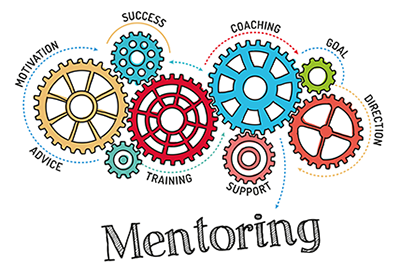By Helen Woodhouse, Global Field Marketing Manager - Sopra Financing Platform, Sopra Banking Software. Editor: Jacob Fahl, VP Funding & Portfolio Services, Hitachi Capital America Corp. This resource is part of the Career Development series developed by the ELFA Emerging Talent Advisory Council. Learn more at www.elfaonline.org/industry-topics/emerging-talent.
 Mentorship has long been a useful tool for aspiring leaders in industry, and many companies offer structured programs to help their staff grow and succeed. However, it can take time and resources for companies to set up such a program. If a structured program doesn’t yet exist within your workplace, have you considered proactively creating a mentorship relationship with someone you respect and admire?
Mentorship has long been a useful tool for aspiring leaders in industry, and many companies offer structured programs to help their staff grow and succeed. However, it can take time and resources for companies to set up such a program. If a structured program doesn’t yet exist within your workplace, have you considered proactively creating a mentorship relationship with someone you respect and admire?
While some of us have a clear direction mapped out in our heads we’d like our careers to take, some of us may be less clear, enjoying the journey to see where it takes us and staying open to whichever opportunities cross our paths. A mentorship where you can learn from someone’s experience and knowledge (and thus benefit from their guidance) can be extremely valuable whether or not you’re on a certain career path yet.
So how could your approach to creating a mentor relationship differ depending on how you view your career path currently?
When creating a mentor relationship, one of the key issues is to align your goals to someone with the right knowledge and experience to help. So it’s important to establish how you view your career path and future before engaging a mentor.
Do you have a focused goal, or future role in mind? If not, it’s perfectly ok to be open-minded, but it can take some wider thought before engaging a mentor.